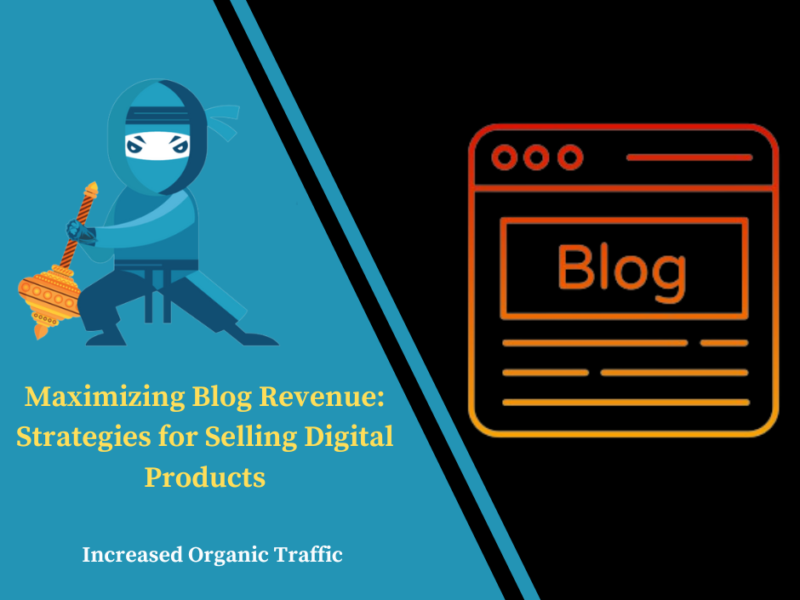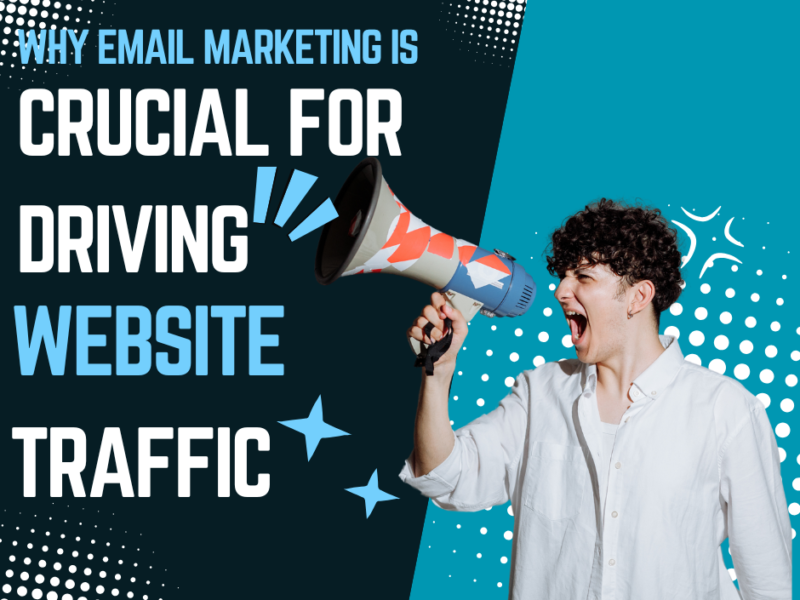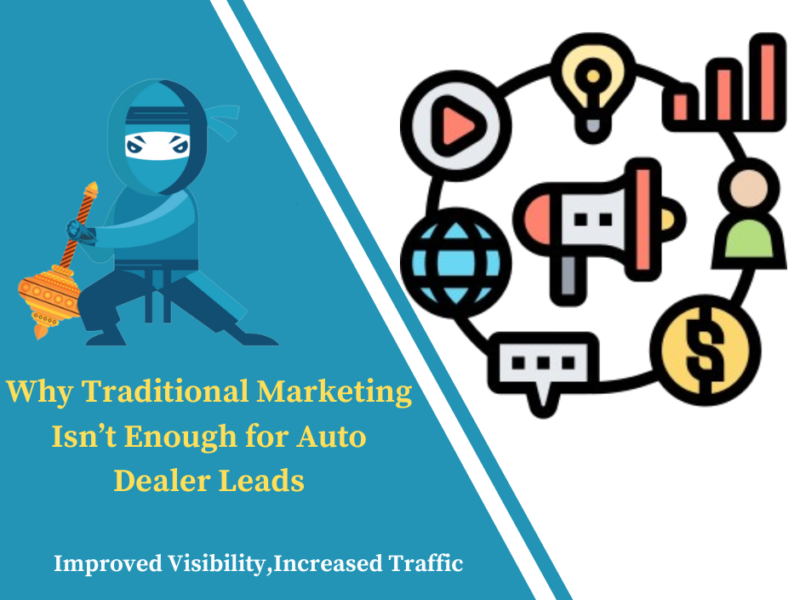
Days
Hours
Minutes
Seconds
Your Deal is Expired
|
|

Edit Content

As a leading online marketing company, always focuses on changing and improving businesses and their outcome.
Where to find us
- SN-3, First floor, ratauli road, near Town park, Bank Colony
- herry@hanuitsolutions.com
- +917082069620
Working Hours
- Mon-Sat : 9:00am - 6:00pm
- Sunday - Closed
Get In Touch
Facebook-square
Instagram
Linkedin
Tag: email marketing
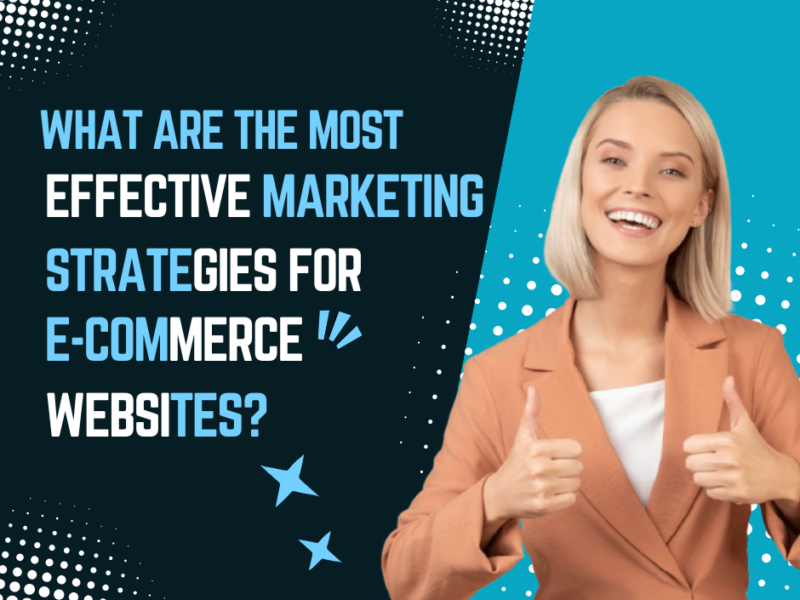
What Are the Most Effective Marketing Strategies for E-Commerce Websites?In today’s highly competitive...
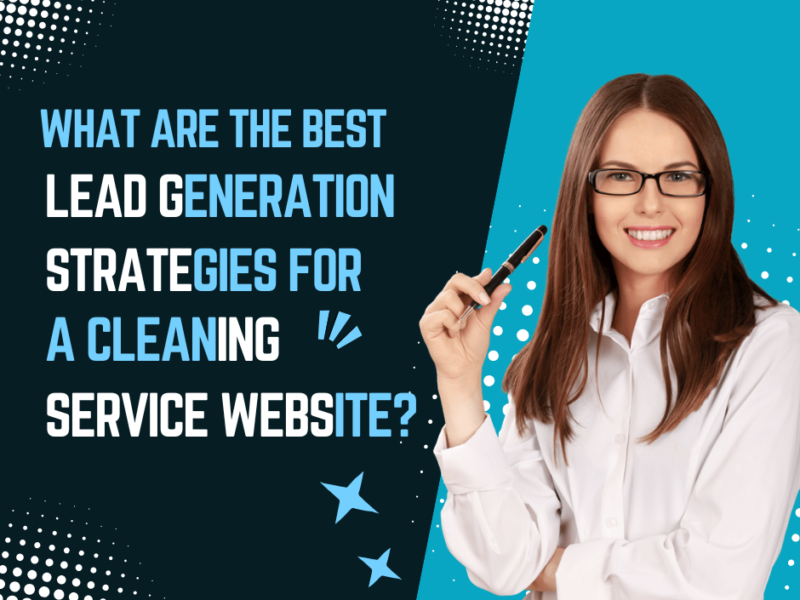
What Are the Best Lead Generation Strategies for a Cleaning Service Website?
The Best Lead Generation...
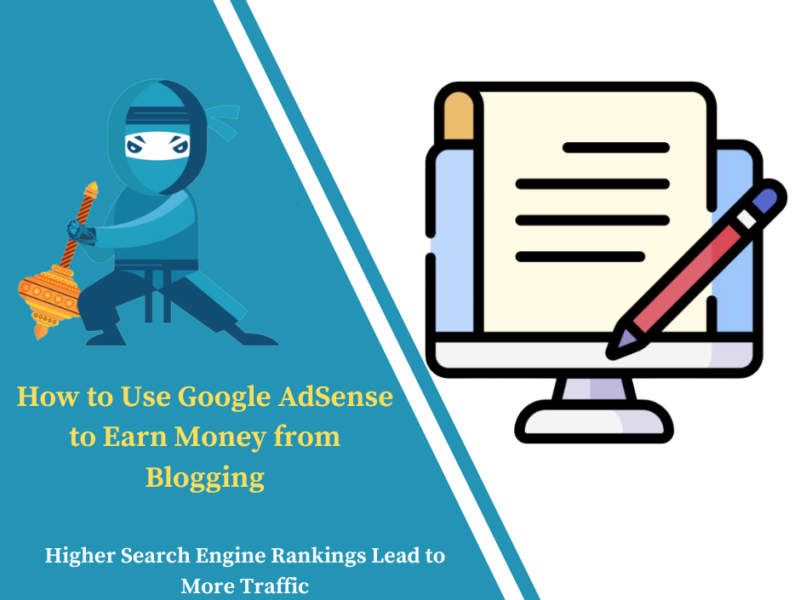
How to Use Google AdSense to Earn Money from Blogging
Blogging can be more than just a hobby—it can become...

10 Proven Ways to Monetize Your Blog in 2024
Blogging has evolved from a hobby to a profitable business...

Content Marketing Hacks: How to Increase Website VisitorsContent marketing is the backbone of digital...
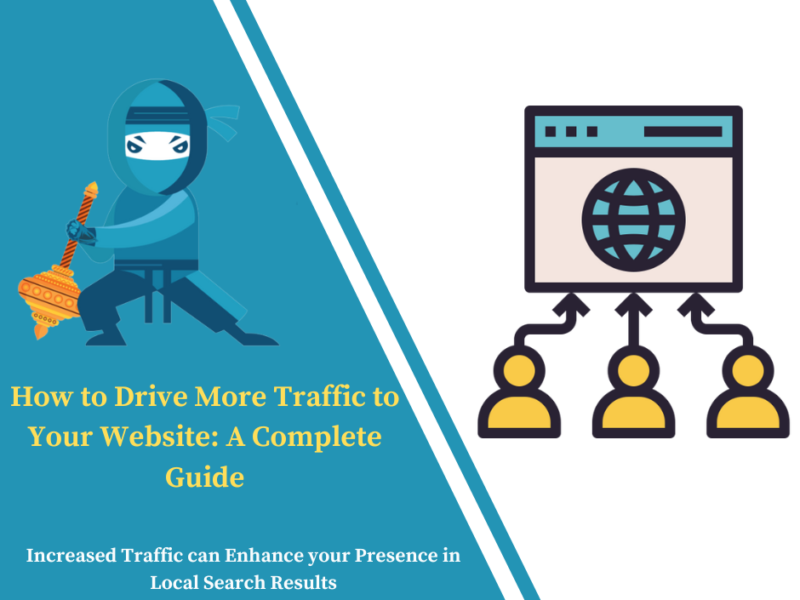
How to Drive More Traffic to Your Website: A Complete Guide
Driving more traffic to your website is essential...
No posts found

